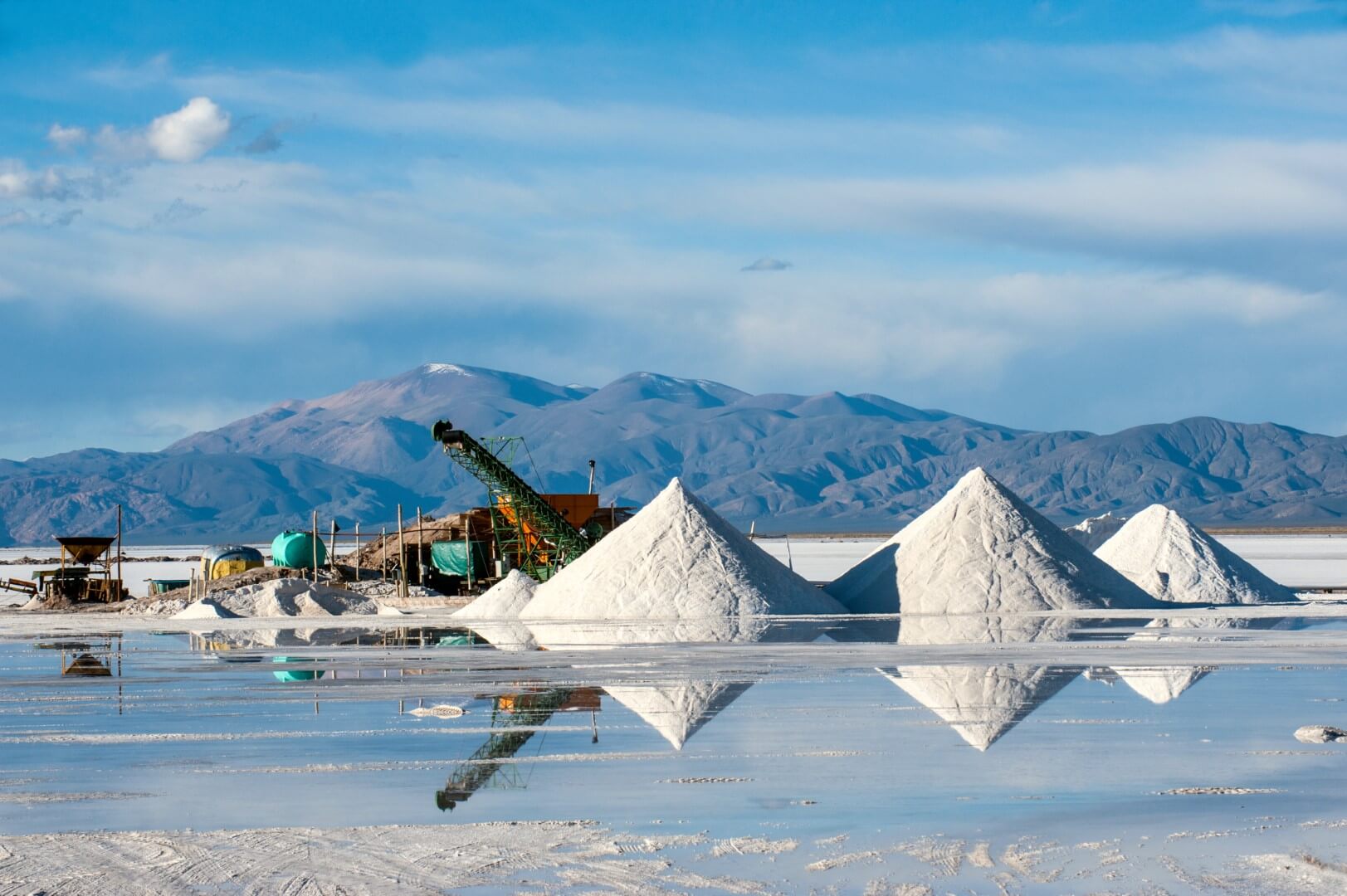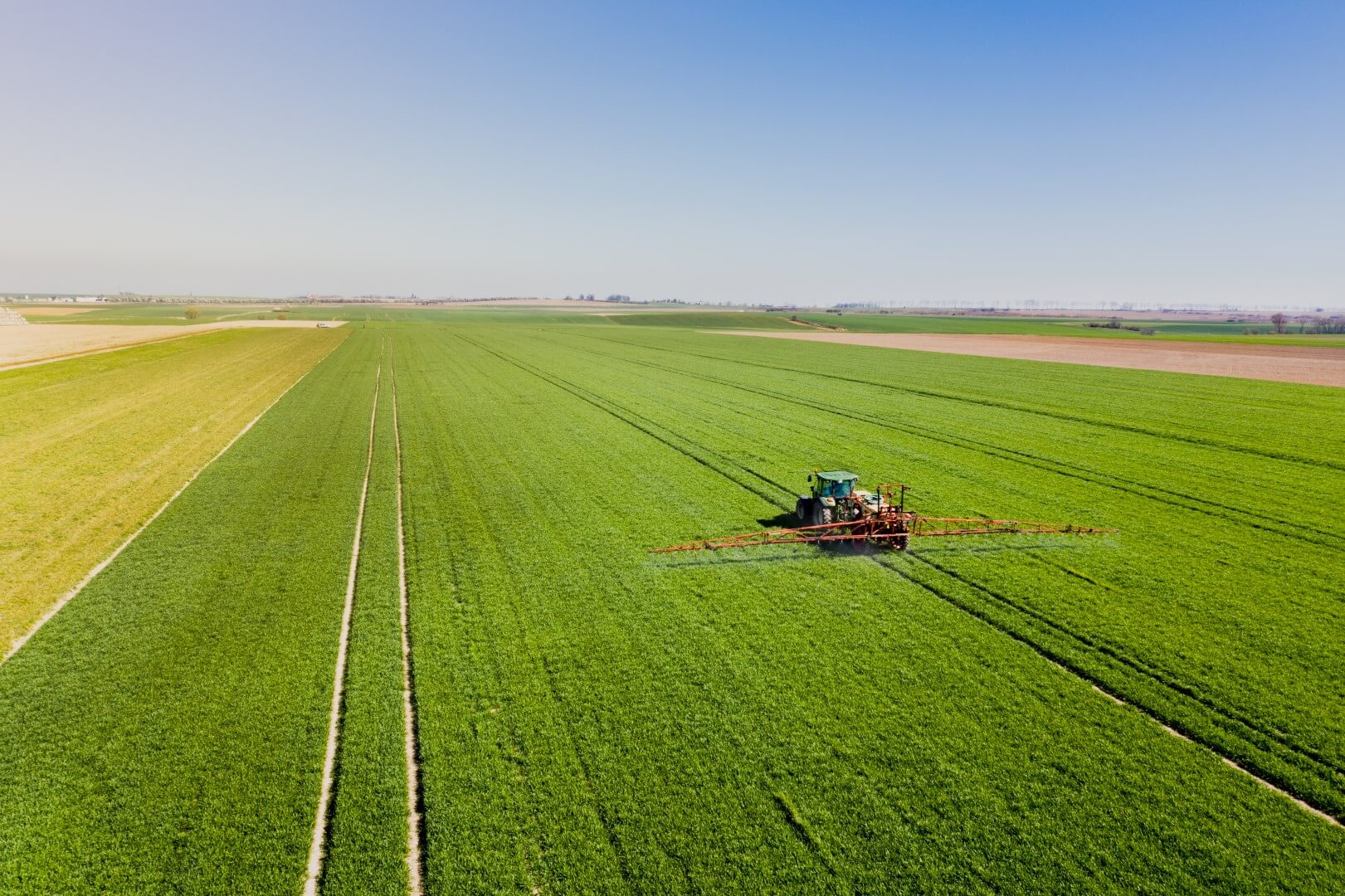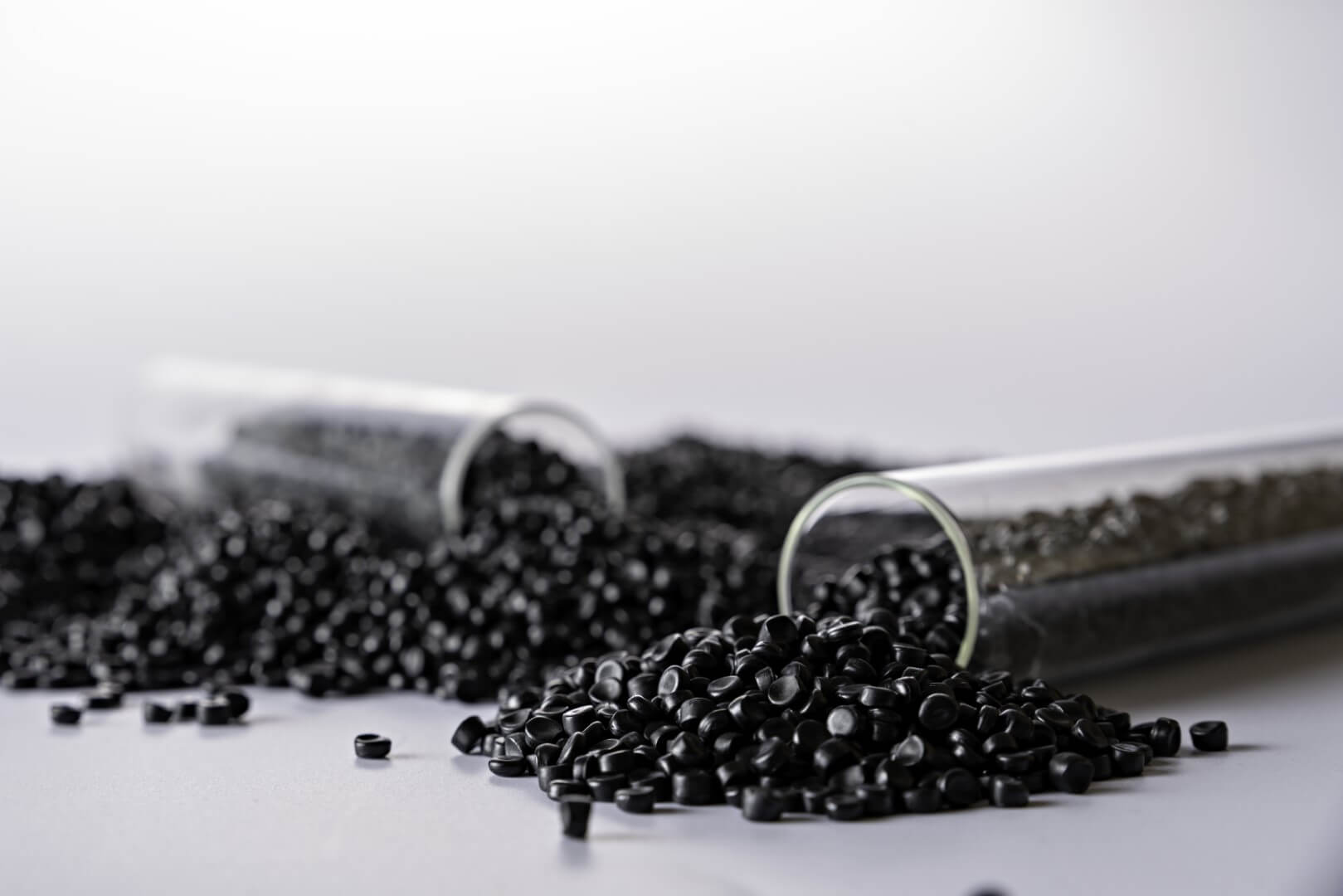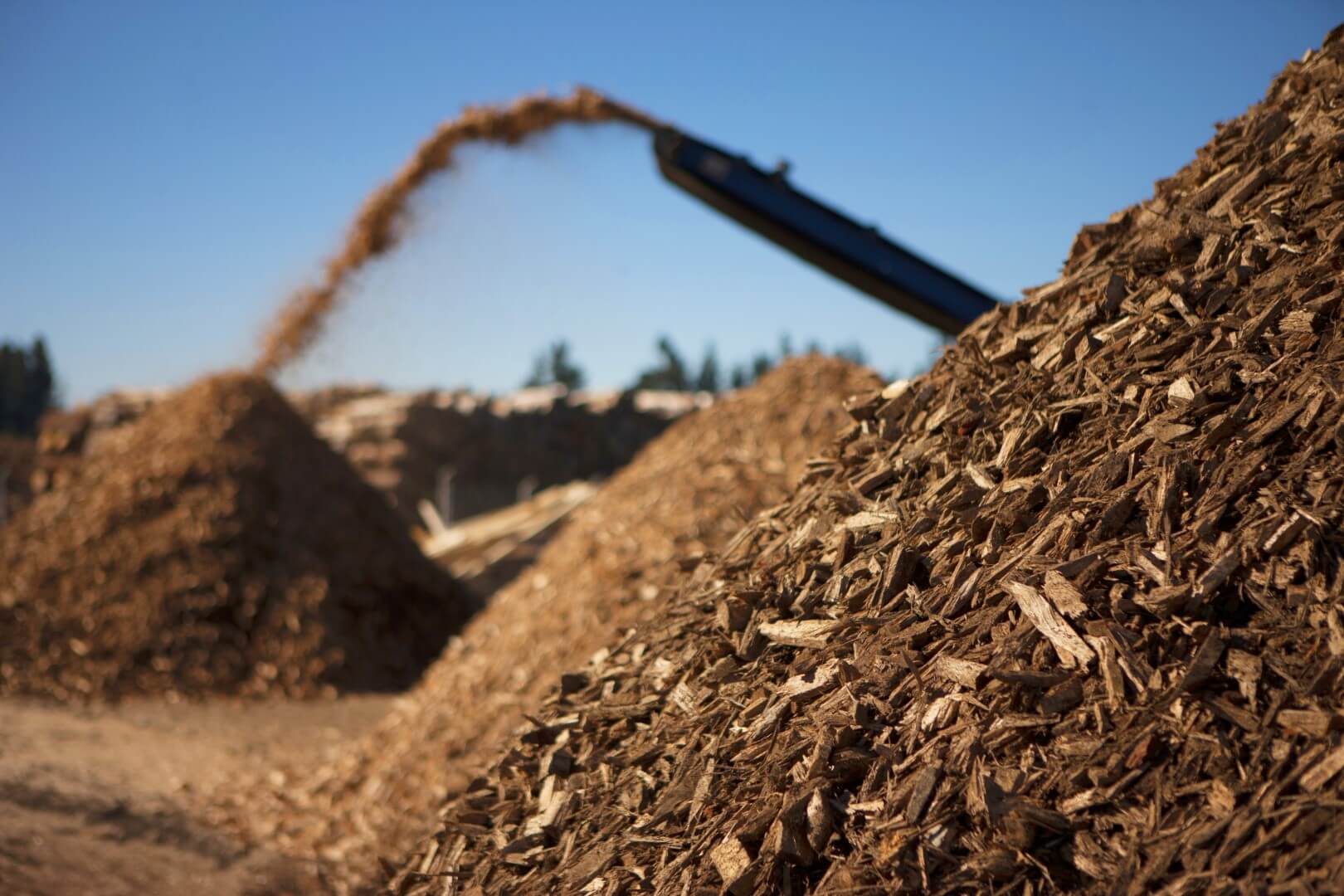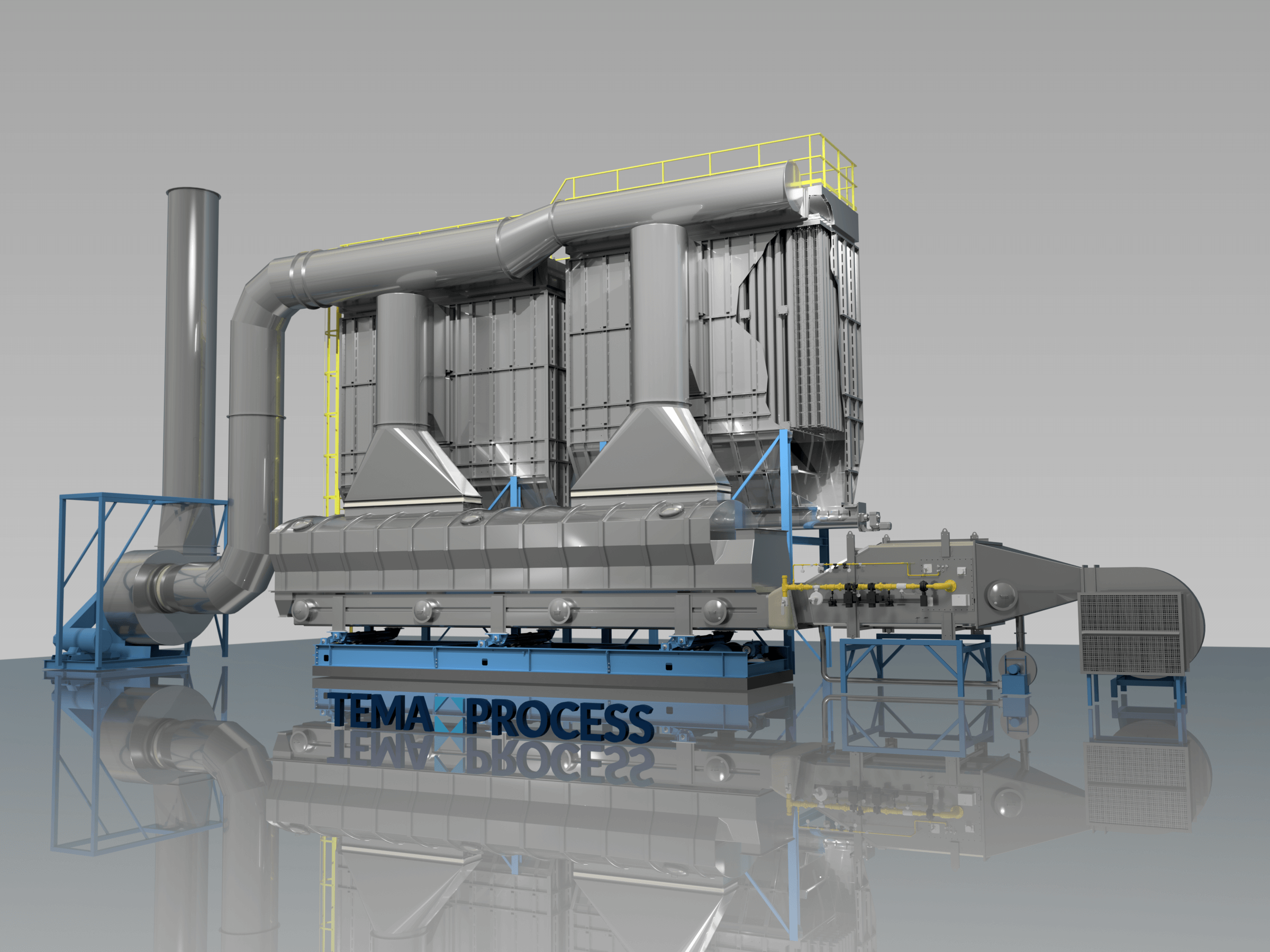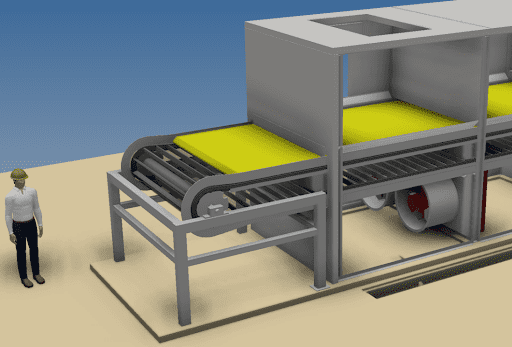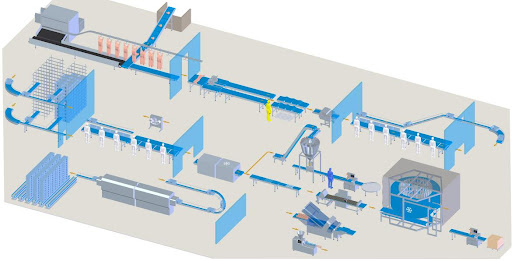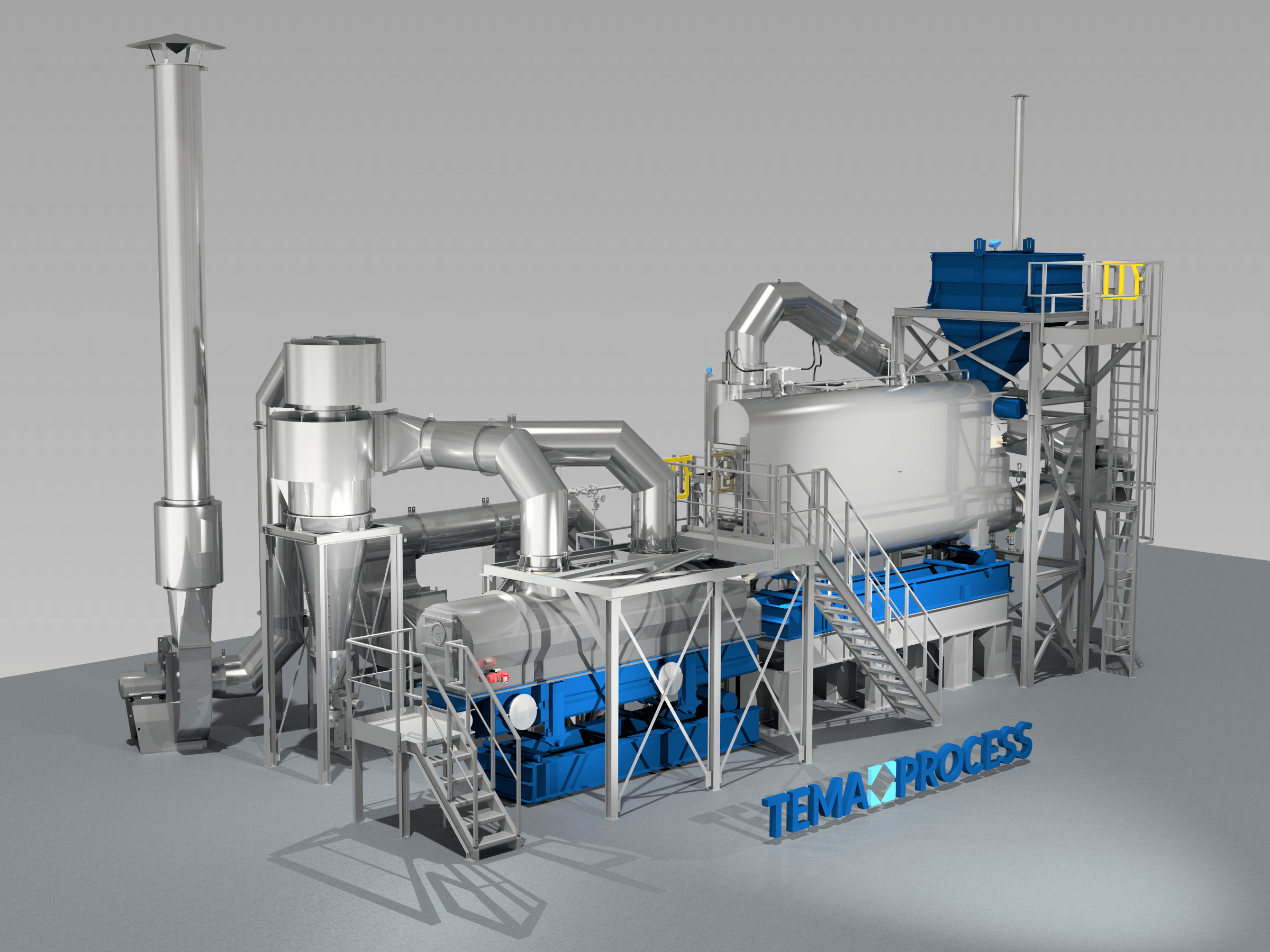What Determines the End Point in a Fluid Bed Dryer (FBD)?
The end point in a fluid bed dryer (FBD) refers to the completion of the drying process, determined by achieving the desired moisture content in the product. This is typically measured using moisture analyzers or sensors that continuously monitor the moisture level of the material being dried. The end point is crucial as it ensures the product meets specific moisture specifications for quality and stability. [...]
Conventional Dryer vs Fluid Bed Dryer: What’s the Difference?
Conventional dryers and fluid bed dryers differ primarily in their operating principles and efficiency. Conventional dryers, like rotary or drum dryers, dry materials by applying heat directly or indirectly to the material as it passes through a rotating cylinder. They are typically used for larger, more robust materials. On the other hand, fluid bed dryers use a fluidizing medium, usually heated air, to suspend and [...]
What is the Purpose of a Fluid Bed Dryer?
A fluid bed dryer is a type of industrial drying equipment used to efficiently and uniformly dry materials. The primary purpose of a fluid bed dryer is to enhance heat and mass transfer by suspending particles in a fluidizing medium (usually air or gas), leading to faster drying times and consistent product quality. This method is particularly effective for granular, powdery, or crystalline materials, commonly [...]
What Types of Fluid Bed Dryers Does TEMA Offer?
TEMA Process offers both continuous and batch fluid bed dryers to cater to various industrial needs. Their continuous dryers are ideal for large-scale, consistent drying operations and can be static or dynamic (shaking or vibrating), depending on the application. Static fluid beds are typically used for non-sticky, homogenous materials, while dynamic fluid beds are suitable for more challenging, sticky, or inhomogeneous materials. Batch fluid beds [...]
What Materials Are TEMA Dryers Made Of?
TEMA Process equipment is constructed using various materials to suit different industrial needs. These materials include mild steel, heat-resistant steel, stainless steel (various grades), duplex steel, and titanium. The choice of material depends on factors like the nature of the product being processed, the required temperature range, and environmental considerations.
How Are TEMA Systems Controlled and Monitored?
TEMA Process systems are controlled through advanced PLC (Programmable Logic Controller) systems, which can be integrated into a factory's existing industrial automation system. These control panels are designed to manage, calculate, monitor, and protect the complete drying or cooling solution. They can be programmed for different PLC brands and offer visualization of production processes, ensuring seamless operation and monitoring.
What Temperature Ranges Can TEMA Dryers Handle?
TEMA Process dryers are designed to operate efficiently across a wide temperature range. For instance, in the biomass industry, torrefaction temperatures typically range from 200 – 320 °C. In the food industry, pasteurization temperatures vary between 85 – 98 °C for low temperature pasteurization and 103 – 122 °C for high temperature pasteurization. This flexibility allows TEMA dryers to be tailored to specific industry requirements.
What is the Working Principle of TEMA Dehumidifiers?
TEMA Process dehumidifiers utilize a Lithium Chloride salt solution as an absorbent. This solution closely follows the relative humidity curve of air, allowing for precise control of outlet air humidity. By cooling the salt solution before spraying, TEMA systems can effectively control both air temperature and humidity independently. This principle is crucial in maintaining optimal conditions in various industrial settings, such as meat processing plants.
Tags
Interested?
Exploring options for your process? TEMA Process is here to assist. Whether you have specific questions or need guidance in selecting the right solution, our experts are just a call or email away. Leave your contact details, and one of our specialized team members will promptly get in touch. They’ll provide you with all the necessary information about our advanced solutions, tailored to meet your unique requirements. Let TEMA Process be your partner in achieving optimal product quality and safety

